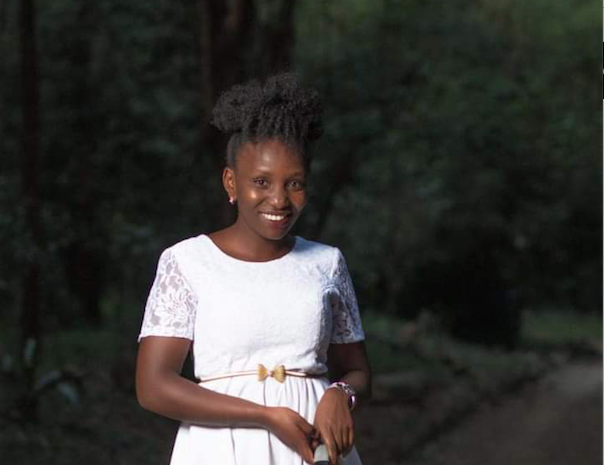The untold turmoil of being brought up by a single mother
MARY WANJIRA grew up knowing only two other members of her family- her mother and brother. But at a relatively young age, already, she could tell that this was not

MARY WANJIRA grew up knowing only two other members of her family- her mother and brother. But at a relatively young age, already, she could tell that this was not the ‘normal’ family set up. Even before the questions came in from her peers, she could already tell that something was amiss, and had many questions in her mind without answers. It was not only not her fault, but also, the world didn’t seem to notice or even care for what simply coming from a single-parent family was doing to her. To date, she says, the effects of growing up without a father are by far underrated and thus the issue of single parenting is being treated far too casually.
“Couldn’t ask questions, so I faked an answer”
By the age of seven, Shyrah wanted to know why she did not have a father like others did. When she understood that biologically there must have been a father, she wanted to know what had happened to hers. Unfortunately, the one person who most definitely had the answers to her questions- her mother- did not give her the space to ask. Somehow, without being told, she knew that that was not a topic for discussion. It wasn’t until later when it was inevitable for her mother to talk about it that she realized that the cause for this was the sour end that had become of the marriage before she ended up a single mum. Of course, it wasn’t Shyrah’s fault. She feels like she ended up a victim of a fall out that she was not a part of. “These are things that ate me up from inside and created an emptiness within me, worse than even financial struggle. In my adolescent years it became worse, and I remember starting to lie that my dad was dead just to avoid many questions.”
Met him but never knew it was him
As often happens in such circumstances, when Shyrah’s father appeared in her life, her mother was angry at him for showing up, and the anger was also transferred to her. She didn’t even know she had met him. He was just a man who had come to her mom’s mtumba stall where she was helping out after having completed her high school studies. He had insisted that he wanted to see her mom, and her attempts to take a message had not borne fruit. When she innocently explained to her mother about the man, “That is the man who abandoned you”, was what came, among other accusations that made it clear that she had unknowingly met her father, but also that she was not allowed to associate with him as he was not a good person. What her mother did not understand was that for her, it was impossible to look at her father as just the man who abandoned them- naturally, she needed closure; needed to meet him even if she didn’t know what she would say or ask if she did. For her mother it could have been a clear cut ‘I do not want to see that guy’ affair, but for her it wasn’t that easy. Something naturally beyond the expected bitterness of having been abandoned compelled her to want to meet this man. But she didn’t. She was the calm obedient type of child. Still, she says that failing to insist on meeting her father didn’t mean that her questions were answered, her confusion resolved or her longingness fulfilled.
The uncertainties remained, the what ifs, the maybes and taking blame for what was not my fault.




